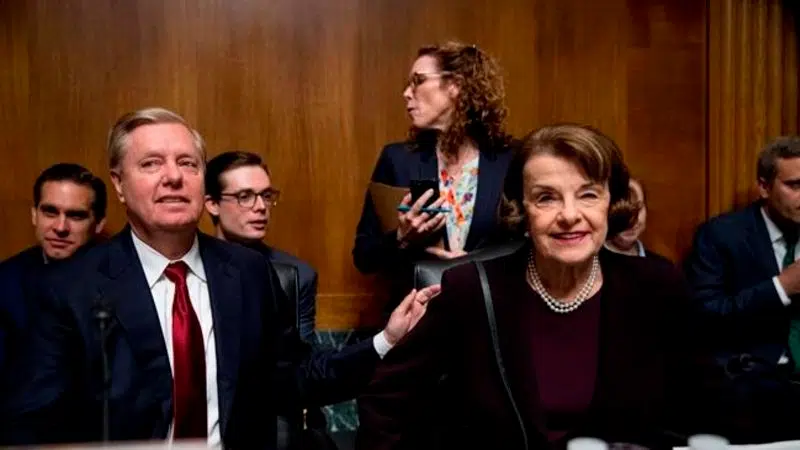
Barr, Mueller trade barbs as Russia probe rift goes public
WASHINGTON — Private tensions between Justice Department leaders and special counsel Robert Mueller’s team broke into public view in extraordinary fashion Wednesday as Attorney General William Barr pushed back at the special counsel’s “snitty” complaints over his handling of the Trump-Russia investigation report.
Testifying for the first time since releasing Mueller’s report, Barr faced sharp questioning from Senate Democrats who accused him of making misleading comments and seeming at times to be President Donald Trump’s protector as much as the country’s top law enforcement official.
The rift fueled allegations that Barr has spun Mueller’s findings in Trump’s favour and understated the gravity of Trump’s behaviour. The dispute is certain to persist, as Democrats push to give Mueller a chance to answer Barr’s testimony with his own later this month.


